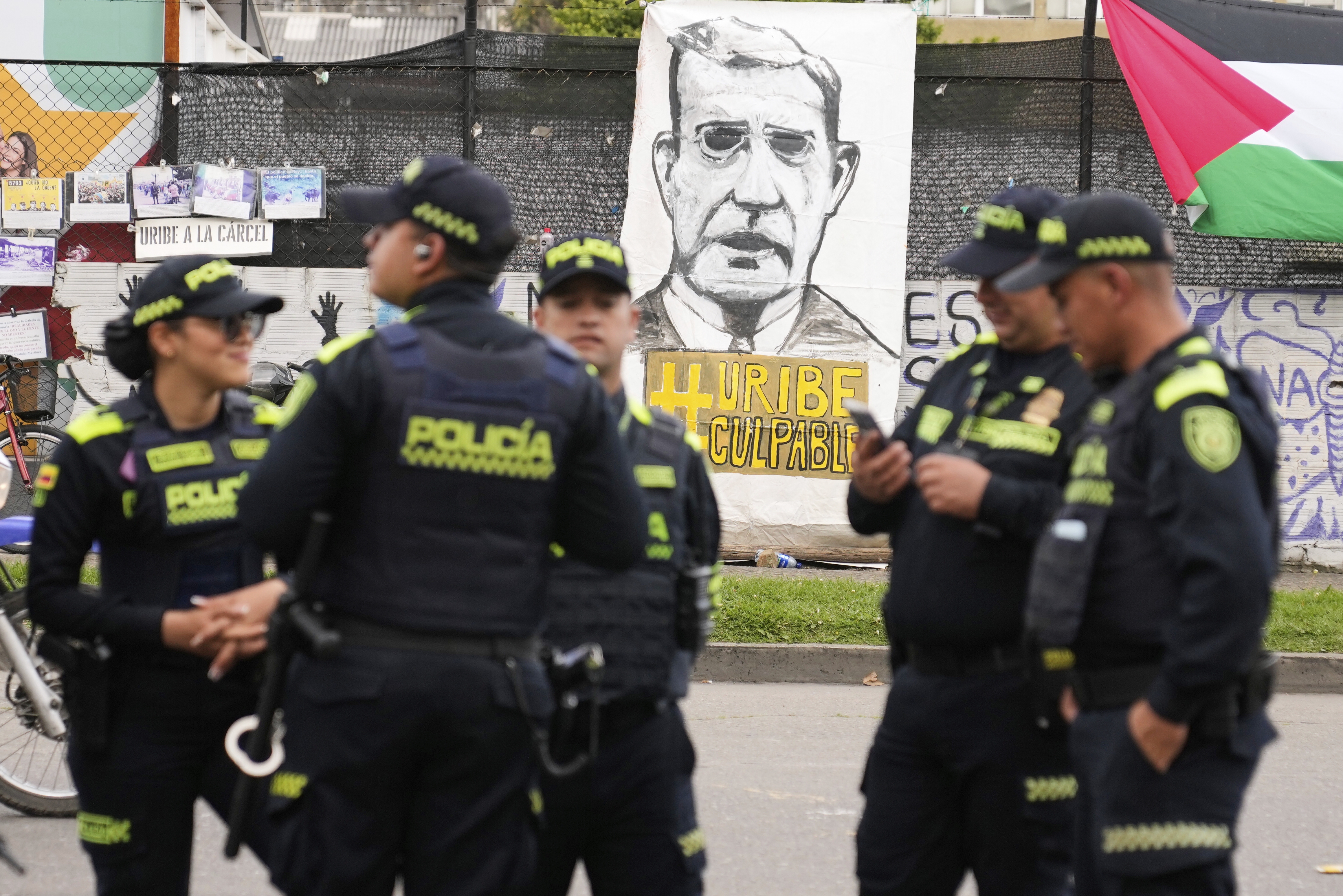The political scene in Colombia has been dramatically impacted by the assassination of Senator Uribe, whose impact stretched far beyond his position in the legislative assembly. His demise has triggered a surge of political instability and conjecture about the potential effects this tragic incident may have on the nation’s forthcoming presidential election. Although Colombia has faced political violence throughout its contemporary history, the murder of such a prominent legislator occurs at an exceptionally turbulent time, with the nation already profoundly split over matters of security, the economy, and the peace negotiations with armed factions.
Senator Uribe, an experienced politician with a dedicated following, established his career on firm stances regarding national security, anti-corruption efforts, and rural progress. Throughout the years, he turned into a political symbol for supporters viewing him as a protector of legality and stability, and a point of contention for detractors who claimed he was excessively strict in particular policy domains. His political influence implied that his support or disapproval could influence major voting groups, rendering his opinion especially impactful in the intense buildup to the presidential election.
The killing has ignited a new wave of political discourse, with parties across the spectrum seeking to frame the event to their advantage. For some candidates, Uribe’s death serves as a stark reminder of Colombia’s enduring struggles with violence, prompting calls for more aggressive crackdowns on organized crime and insurgent groups. Others are using the moment to stress the need for unity, dialogue, and strengthening democratic institutions to prevent further instability.
Public reaction has been swift and emotionally charged. Vigils and demonstrations have taken place in major cities, where citizens express grief, anger, and fear about the implications of the assassination. In rural areas—where Uribe had built a strong base of support due to his advocacy for agricultural development—the sense of loss has been especially palpable. For many Colombians, this killing has stirred painful memories of past decades when political assassinations and targeted killings frequently destabilized the government and derailed reform efforts.
Political experts caution that the murder might alter voter priorities in unforeseen ways. Concerns about safety, which were already significant for many, are now expected to overshadow the national dialogue. This situation could favor candidates who present themselves as being firm on crime and military disputes. Nonetheless, it might also heighten distrust in governmental bodies if the inquiry into the death is viewed as delayed, insufficient, or subject to political manipulation. Within Colombia’s divided setting, these perspectives might cause more voter apathy or even lead to civil disturbance.
International observers are watching closely, as the outcome of Colombia’s election will influence regional stability and foreign policy in Latin America. The United States, European Union, and neighboring countries have condemned the killing and called for a transparent investigation. Colombia’s role as a strategic partner in combating drug trafficking and as a key player in regional economic agreements means that political instability there could have ripple effects beyond its borders.
Behind the scenes, campaign strategies are being rapidly recalibrated. Candidates who previously counted on Uribe’s endorsement or influence now face the challenge of capturing his supporters without appearing opportunistic. For others, the vacuum left by his absence presents an opening to shift the political conversation toward their preferred issues, whether that be economic reform, social policy, or the environment.
The inquiry regarding the murder remains in its initial phase, though officials have proposed several potential reasons, including retaliation by organized crime and political vengeance. Colombia’s extensive background of overlapping political, criminal, and paramilitary influences complicates the discovery of the truth, turning it into a potentially disputable endeavor. Every new piece of information can influence public sentiment and shift electoral dynamics in the upcoming weeks and months.
For citizens casting their votes, the murder acts as a pivotal moment politically and personally. Numerous individuals are considering the wider effects of political violence in their nation—how it influences governance, impacts public trust, and affects daily life. Even though political discourse might escalate during the upcoming campaign period, there is also an increasing number of people advocating for changes focused on safeguarding public figures, reinforcing the judicial system, and tackling the fundamental reasons for violence.
In the longer term, historians may look back on Senator Uribe’s killing as a decisive moment in Colombia’s political evolution, marking either a step toward greater democratic resilience or a deepening of polarization and instability. The direction the country takes will depend on how political leaders, institutions, and citizens respond—not just in the days following the tragedy, but in the policies and attitudes that take shape after the election.
As Colombia moves toward its presidential vote, the absence of one of its most influential political figures will be deeply felt. Whether his death galvanizes voters toward a renewed commitment to peace and stability, or drives the nation further into political fragmentation, remains to be seen. What is certain is that the killing of Senator Uribe has irrevocably altered the electoral terrain, ensuring that this election will be remembered not only for its outcome but for the shadow of loss under which it was contested.
